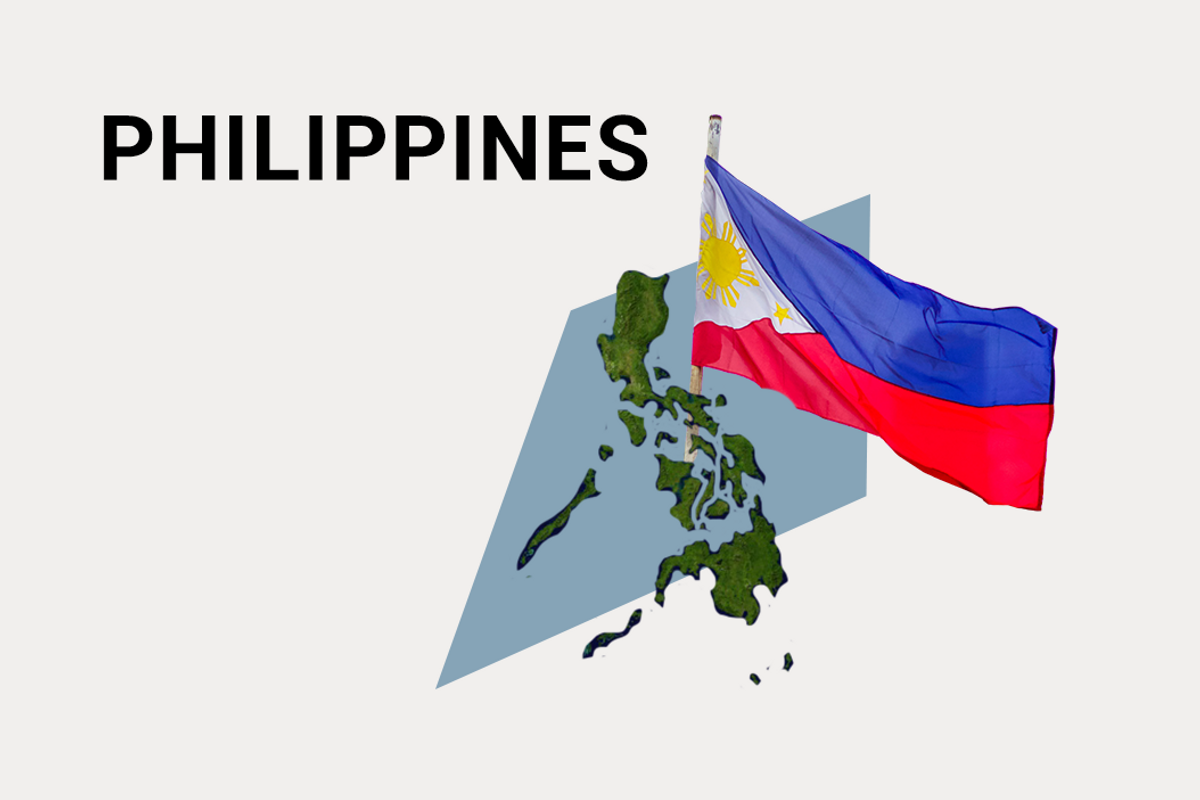Camille Elemia is a multimedia reporter with Rappler, an online news platform in the Philippines. Our conversation has been edited for length and clarity.
Carlos Santamaria: In your opinion, why do you think this US election matters to Filipinos?
CE: It's because of the situation with China. We are so close to China physically. And at the same time, the Philippines has been a colony of the US for the longest time. The influence is still there. We're waiting to see what the US role will become after the election.
CS: One of the major campaign issues here is the "new Cold War" between the US and China. How do you think Filipinos view this US-China competition?
CE: Filipinos have more love for the US than for China, especially with the tensions between the Philippines and China in terms of the harassment and the militarization in the South China Sea. Filipinos trust the US more than China. But sadly, it hasn't translated to our government yet.
CS: How would you say the Philippines was affected by the outcome of the 2016 US election?
CE: Filipinos seem to compare President Duterte with President Trump, and we all know their similarities. In terms of Filipinos' lives, it's more about the presence of the US in the South China Sea. It's really a big issue for Filipinos because we really care about the South China Sea. And now we feel like there's not much influence from the US to try to stop China from further encroaching on those maritime waters.
CS: But the Trump administration recently reversed course and endorsed the 2016 arbitration ruling that struck down China's claims in the South China Sea. Do you think Filipinos are aware of the new official policy?
CE: Yes. But some Filipinos would really look at the actual effect, because it was just recently and for the longest time coupled with a pivot to China by our president. We feel more and more the presence of China in our own land. We have more Chinese here, we have incessant reports of abuse or harassment of fishermen. So even if the US changed its policy, for the longest time their presence has been very limited.
CS: The Philippines is consistently one of the countries that has the highest approval for Donald Trump. How would you explain that?
CE: Regardless of who the president is, Filipinos have an affinity for Americans, which is kind of sad when you look into that, how Filipinos view themselves as compared to America. Even before and then with President Trump, some Filipinos think the US is not really present in our region now, compared to before. But they cannot really associate that with President Trump himself. As for President Trump, they see him very much like President Rodrigo Duterte. They're alike, you know, he says what he wants. And just to prove a point, I think many Filipino-Americans, immigrants in the US, I talk to them and they're also voting for President Trump. It's like they really want someone who can relate to them in a sense, they feel these are real people because they say what they want. Not necessarily the right things.
CS: What do you think the stakes are for the Philippines with the upcoming US election?
CE: Security in the region and in the country depend on how the US will deal with the Philippines in trying to convince our government not to really get too close to China. I think it's too late already, but let's see if maybe Biden wins, there's a chance that he will convince the president to slow down because right now even our infrastructure, telecommunications are all being taken over, infiltrated by Chinese state companies. We need the US back for the balance of power to return to the region.
CS: If Biden wins, how do you see him convincing Duterte of anything?
CE: We had a terrible relationship with Obama. Right now, what really angers Duterte are the actions of the US senators. If there's a way for Biden to talk to the senators to stop or to slow down on Duterte and his allies... If Biden tries to do a different attack than what Obama did with blasting Duterte on human rights, because Duterte doesn't like being shamed in public, that's one thing he could do to try to improve their relations.
You have to understand that Duterte wants to save face in public. Maybe they could negotiate behind closed doors. Not slam him in public because he has this macho image that he has to protect. And that's what he really hates, being criticized in public.
CS: If Duterte were charmed by a future US administration, how would China take that?
CE: China will not easily give up because the Philippines for the longest time has been the loudest critic of their militarization in the South China Sea. But we have now kept quiet because of ties with China. I think China will not give up, we're not going to see China backing away from this. One thing that the new US administration can do is also to try to reestablish ties with the Philippine military. Our military has a US background in training. Even with the president now, it's still not easy for the military to follow China because their training is all patterned from the US. But the first thing they have to do is not attack Duterte in public — that's really one thing that will block his mind. Like, if you're attacking me in public, no. Whatever you say, no.
This interview is part of the GZERO project Global voices on the US election, which you can find in full here.






